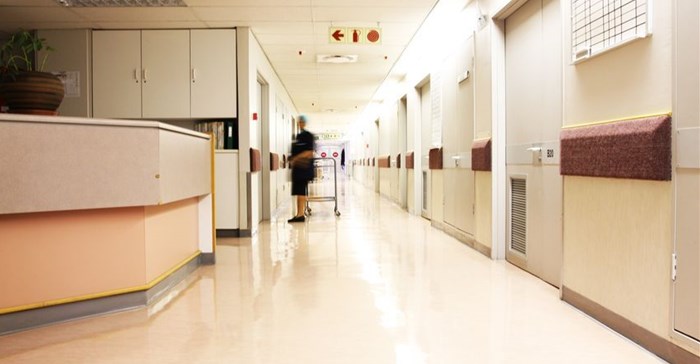The medical scheme payment holiday issue and Covid-19 costs
The economic impact of Covid-19 has resulted in most medical schemes not realising the gains on the investment of their reserves: some have experienced a decline of up to 14%. This, in turn, has had an impact of up to 10% reduction in these reserves, according to Medscheme, which has more than 3.8-million members.
So far Medscheme has processed and paid claims amounting to R14.5m on 97 admissions related to Covid-19. According to Dr Lungi Nyathi, executive director at Medscheme, the average cost per admission for Covid-19 is R150,000 – this includes ICU or general ward care and related medication as well as professional fees.
In the same vein, the Government Employees Medical Scheme (Gems) which covers 1.8-million lives, making it the largest closed scheme in the country notes that just under a 100 of its members have already been admitted with a diagnosis of Covid-19. Gems actuaries have estimated that the scheme might spend up to around R900m on Covid-19 treatments during this financial year.
The scheme has also observed a general decline in other hospital claims, mainly due to decreased utilisation of health services as a result of the lockdown.
Decline in hospital admissions
Dr Katlego Mothudi, managing director of the Board of Healthcare Funders (BHF) says the decrease in hospital admissions, is a clear indication that people are avoiding going to clinics and hospitals because of fear of the viral infection.
“Our biggest concern is that in instances where people are sick and do not go to hospital on time due to fear of Covid-19 infection, may lead to complications and fatalities unrelated to Covid-19 due to delayed treatment or hospitalisation. This means more people will require hospitalisation as a rebound phenomenon when the pandemic abates – and we already know that some patients on chronic medication are not adhering to treatment for fear of infection. We will soon begin to see the effects of this unfolding.”
Hospital admissions have already declined by over 50% since the lockdown was announced. “While we understand that there has been a hold on elective surgery, with the admissions rate for surgical cases having declined by 60%; our concern is that the remainder of cases are people who are ill and may actually need hospitalisation but opt not to go to hospital for fear of Covid-19 infection; and essential medical needs will become even more urgent and critical for those people,” says Mothudi.
Regarding one of the proposed relief mechanisms for those beneficiaries in financial distress, Nyathi says, “While we understand the need for a Covid-19 payment holiday, there are a number of risks from which medical schemes must still shield members. In addition to Covid-19 treatment, medical schemes need to make sure that there are sufficient funds for all other disease treatments, accidents or injuries that may occur”.
“To support members facing financial challenges, some schemes have considered allowing their members to downgrade their medical aid cover midyear. This will ensure that members retain healthcare access and do not have to cancel due to affordability issues.”
Mothudi explains that normally, members can only change their medical aid options once a year at the end or beginning of the financial year. Given the unusual circumstances in which we find ourselves, however, some medical schemes are allowing members to downgrade their cover during this period if they are experiencing financial difficulties.
He notes that this option will ensure that members remain covered and in turn protect members from exposure to the waiting periods usually imposed when resuming cancelled cover.
Survival mode
While South Africans are in survival mode, he emphasises that it is critical for high-risk patients and those on chronic medications to continue taking their medicines and look at various ways in which to access them. They can request scripts from their doctors remotely through virtual consultations and receive these electronically via email or WhatsApp. They can arrange for collection of medicines via different channels such as DSV, which is available at several Engen filling stations. Government has also set up ATM pharmacy dispensing units in some areas across the country, and people are encouraged to utilise these facilities.
“It’s unfortunate that South Africa still has limited facilities to ensure access to medicines, but it’s not too late to learn,” Mothudi says. “This is an opportunity to begin to explore how we can deliver medicines using drones as seen in Rwanda, parts of Nigeria and Ghana.
“We can also look at scaling up some of our low-tech solutions such as bicycle deliveries of medicines - a service that was proven to be successful in townships in the Western Cape - to ensure that everyone has access to medicines even in the most remote areas, in order to avoid the ripple effects of Covid-19 on patients who are on chronic medication,” he says.


































